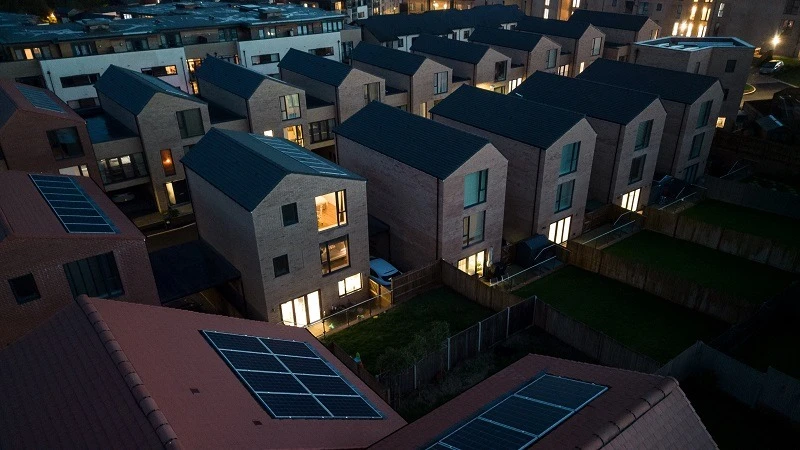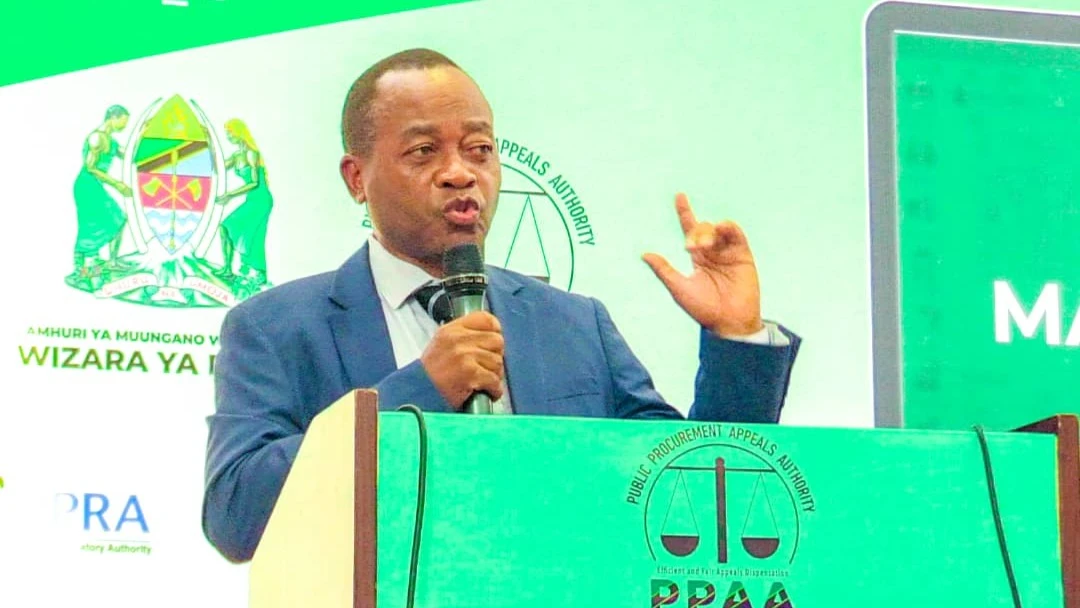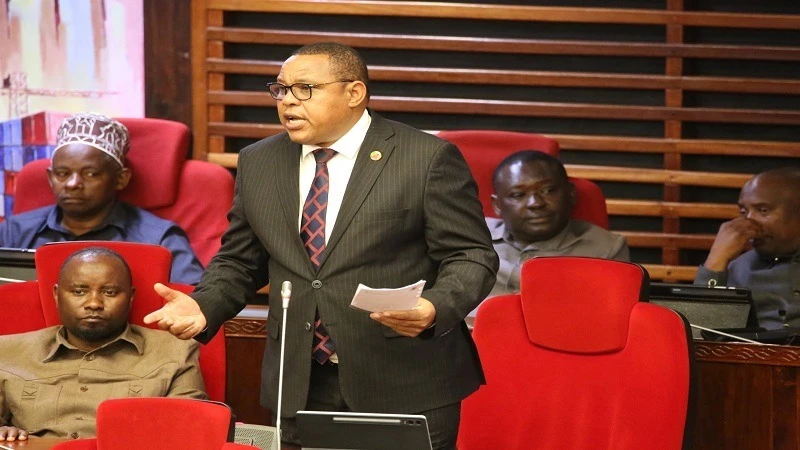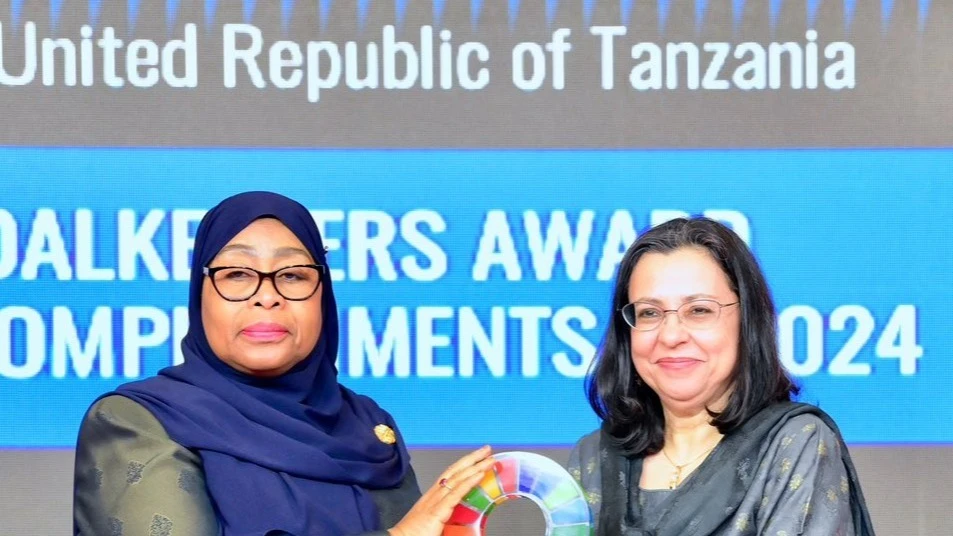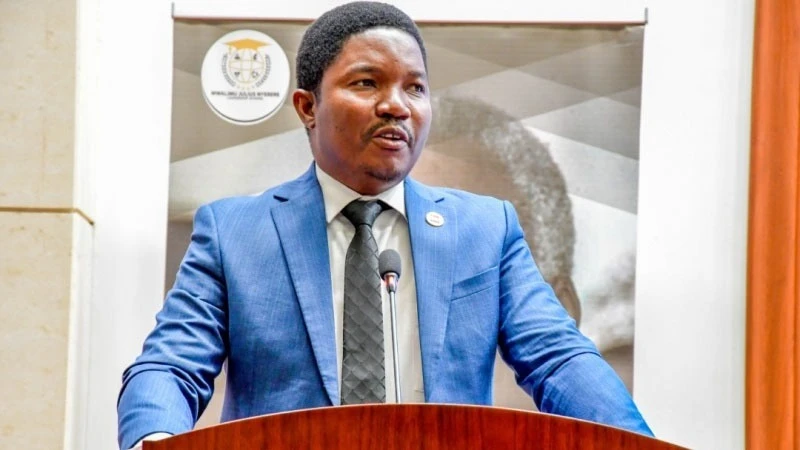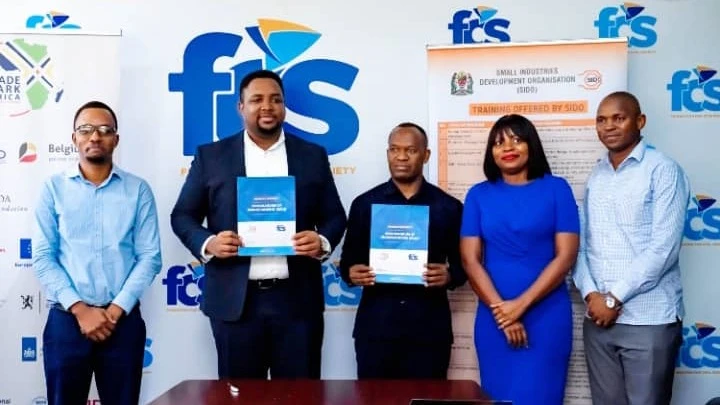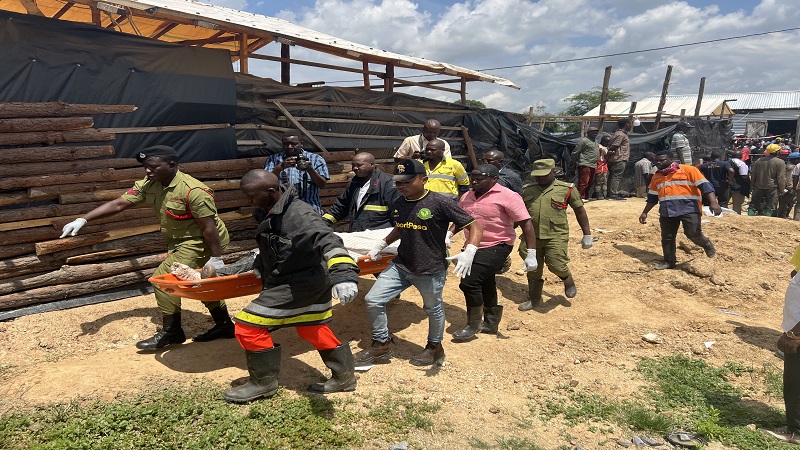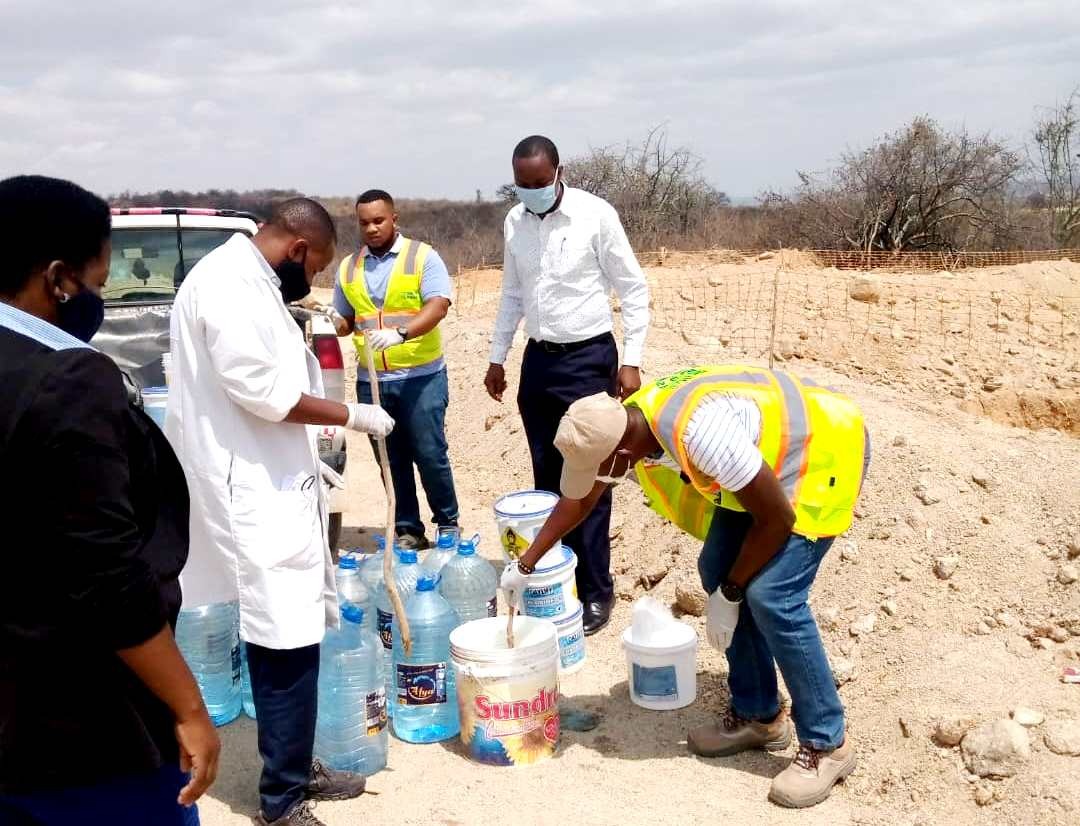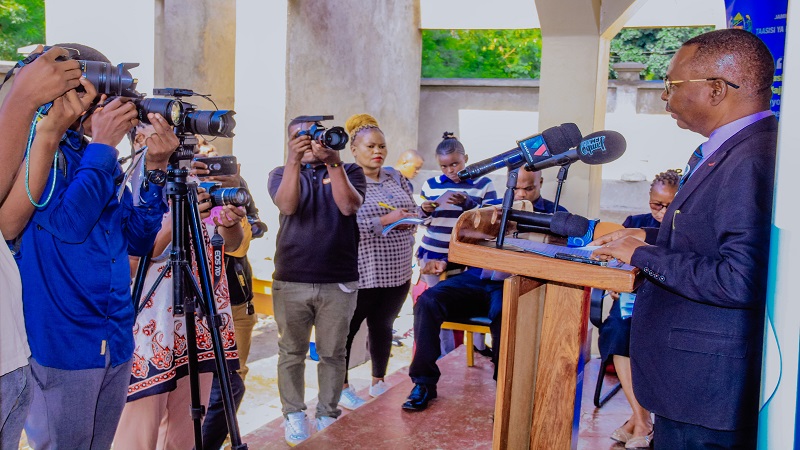Relief as two villages in Tanga receive clean and safe water
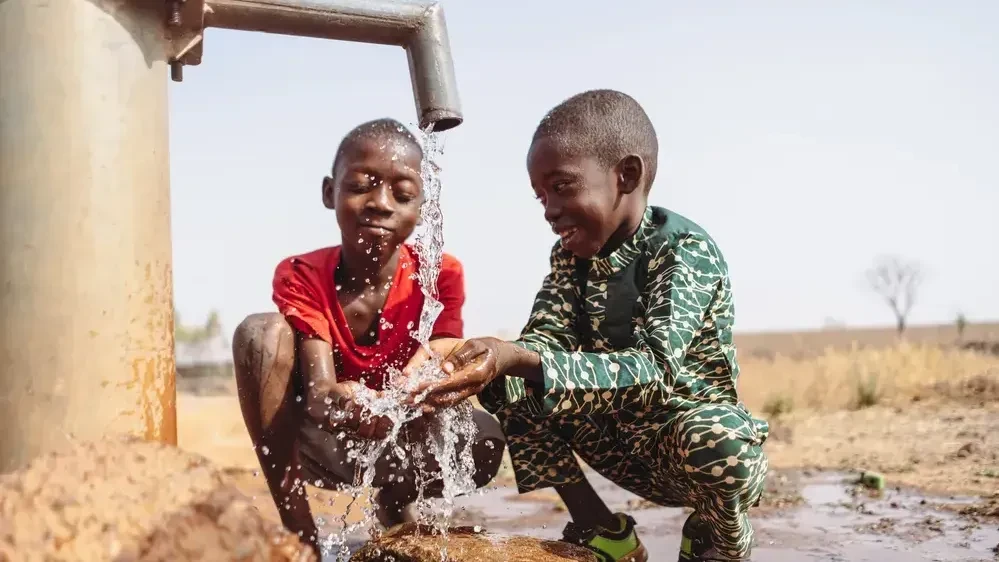
KWAMSISI and Kwakombo, villages in Tanga Region long were now accessing to clean and safe water, says Dr. Rafik Hirji, senior water resources specialist at the World Bank. This is part of the remarks on President Samia Suluhu Hassan's directive to establish a piped water supply system in Kwamsisi village.
Dr. Hirji explaine that both Kwamsisi and Kwakombo have faced critical water challenges for decades. Located 6–7.5 kilometers from Korogwe along the Segera road, the villages have depended on aging groundwater wells from the 1980s. Many of the wells are now either dysfunctional or yield saline water, leaving residents with a scarce and unreliable water supply.
Intrigued by Dr. Hirji's extensive contributions to Tanzania's water sector, I reached out to learn more. This article is the first in a series exploring his work in water resource management in Tanzania and beyond.
Born in Lindi Region, Dr. Hirji is a globally recognised authority on water resources, environmental management, and climate-related issues. His journey began with pivotal roles in designing water systems in Tanzania, including for Mto wa Mbu, Mwanga, and Arusha municipalities, while addressing the region's high fluoride levels that posed severe health risks.
Dr. Hirji holds an MSc in Environmental Engineering and a PhD. in water resources planning from Stanford University. Following his studies, he worked on water planning and flood control in California before joining the World Bank in 1993. Over his 24-year tenure there, he spearheaded numerous water and environmental initiatives across the globe, including two decades of impactful work in Tanzania.
A severe drought in the early 1990s exposed the fragility of Tanzania's water systems, leading to conflicts between agriculture and hydropower and prolonged power shortages. Dr. Hirji, as part of the World Bank and DANIDA team, guided a comprehensive study—Rapid Water Resources Assessment (RWRA)—to address the challenges.
The RWRA highlighted a lack of policies and institutional capacity to manage water resources, prioritizing four key basins: Pangani, Rufiji, Wami Ruvu, and Lake Victoria. This work laid the groundwork for the 2002 National Water Policy (NAWAPO), which adopted Integrated Water Resources Management (IWRM) as a guiding framework for sustainable water use in Tanzania.
Dr. Hirji and his wife, Deborah, have long advocated for Kwakombo and Kwamsisi. Deborah, who conducted anthropological research in Kwakombo in the 1980s, witnessed the villagers' struggles with salty, poorly maintained boreholes. Over the years, they supported community initiatives, raised funds, and advocated for infrastructure improvements.
The government efforts have since brought relief to these villages. In 2016, Kwakombo received a borehole water system, and in 2024, a pipeline was extended to Kwamsisi.
Dr. Hirji and fellow alumni from Muhimbili Primary and Tambaza Secondary schools have also supported rural water projects through the Al-Firdaus Charitable Foundation, which has funded 935 wells, including two recently completed in Kondoa, Kilosa District.
"President Samia's directive to improve Kwamsisi’s water system is a beacon of hope. It demonstrates progress towards achieving Sustainable Development Goal 6 on water and sanitation," noted Dr. Hirji.
With continued government efforts and collaboration from partners like Dr. Hirji, Tanzania is steadily advancing toward universal access to clean water and sustainable management of its vital resources.
Top Headlines
© 2025 IPPMEDIA.COM. ALL RIGHTS RESERVED












